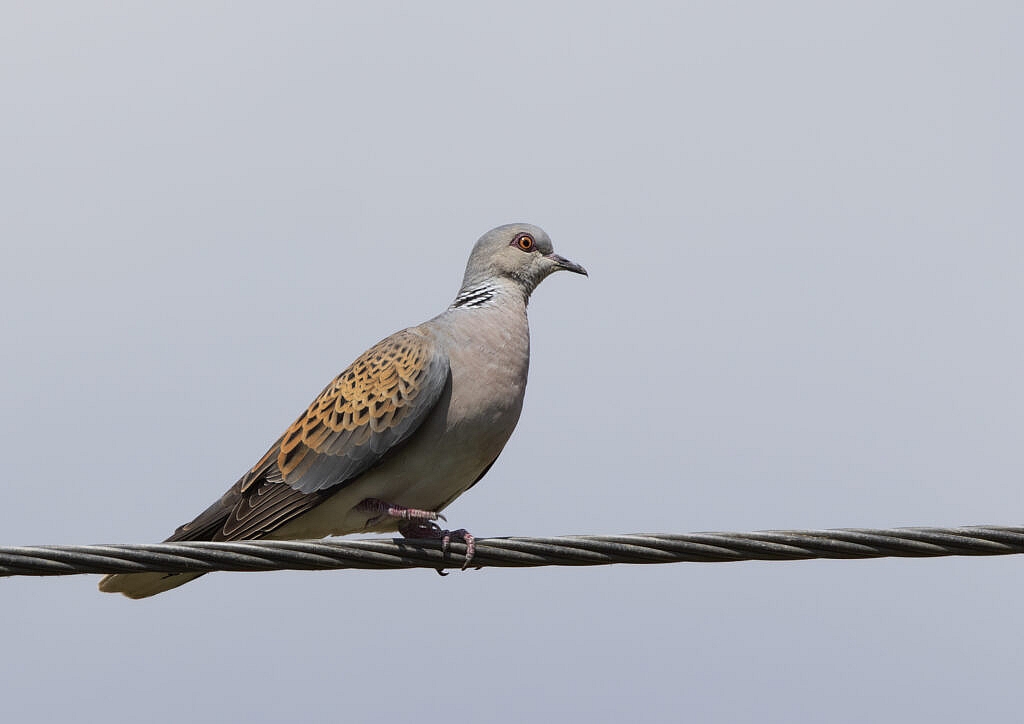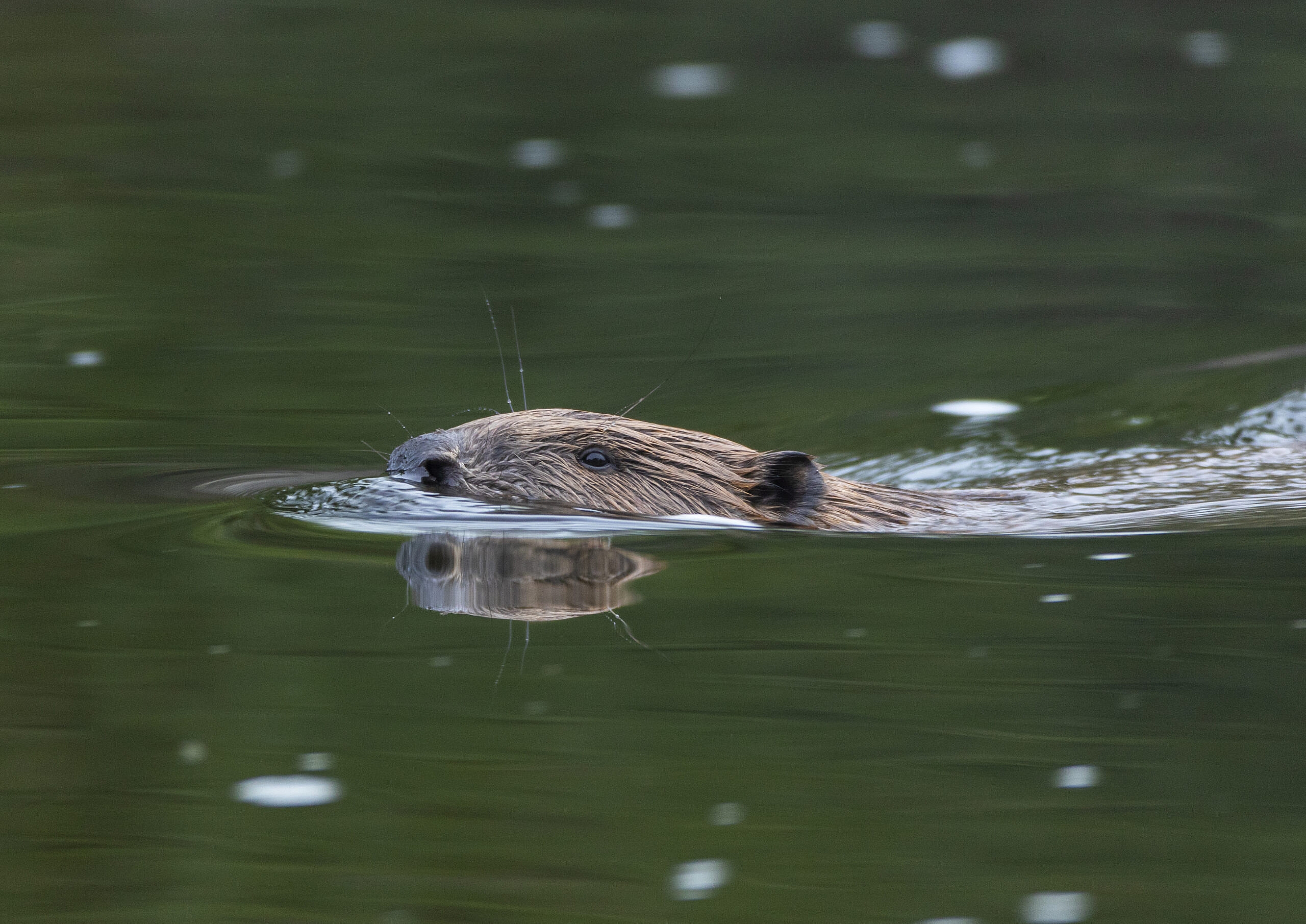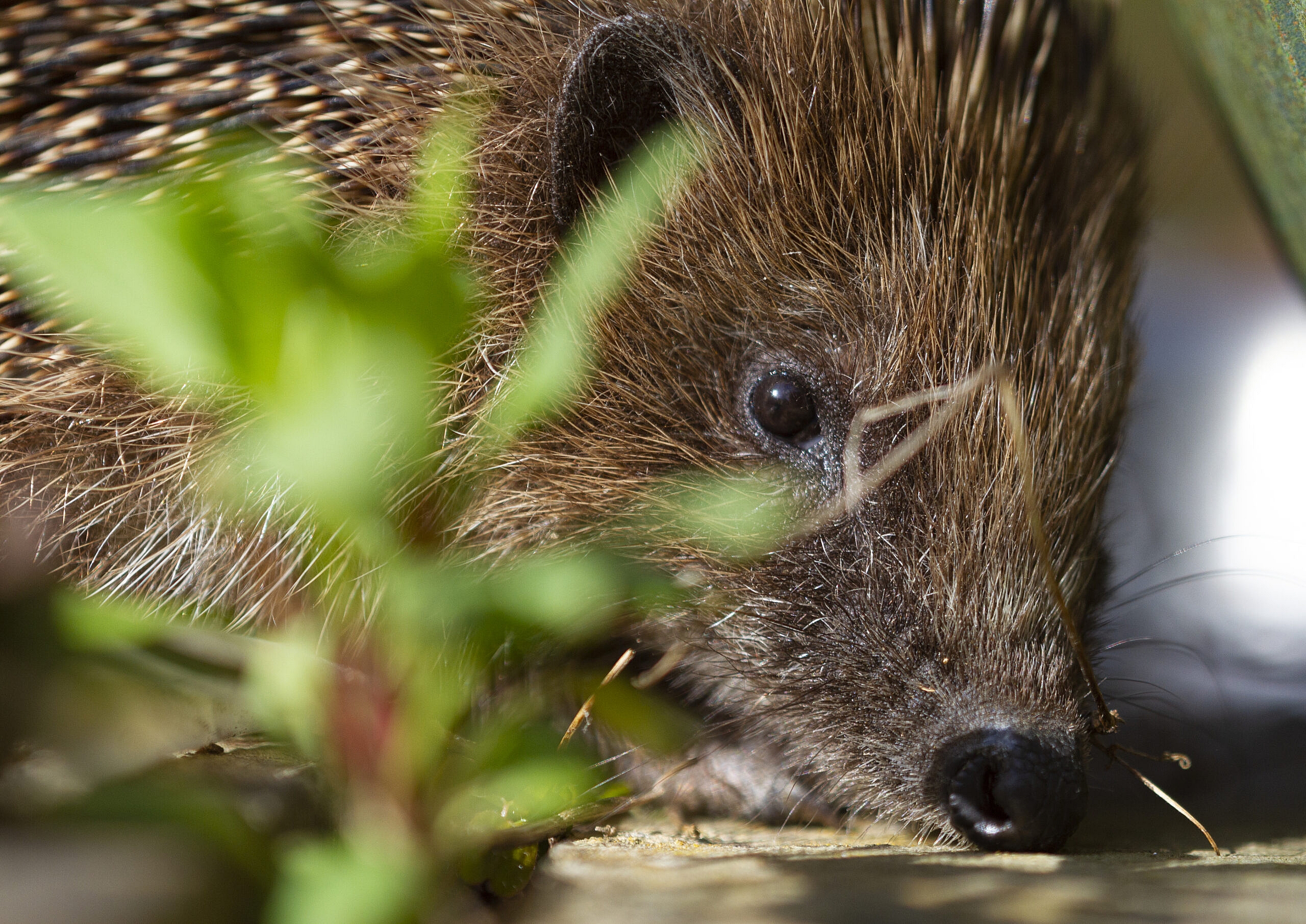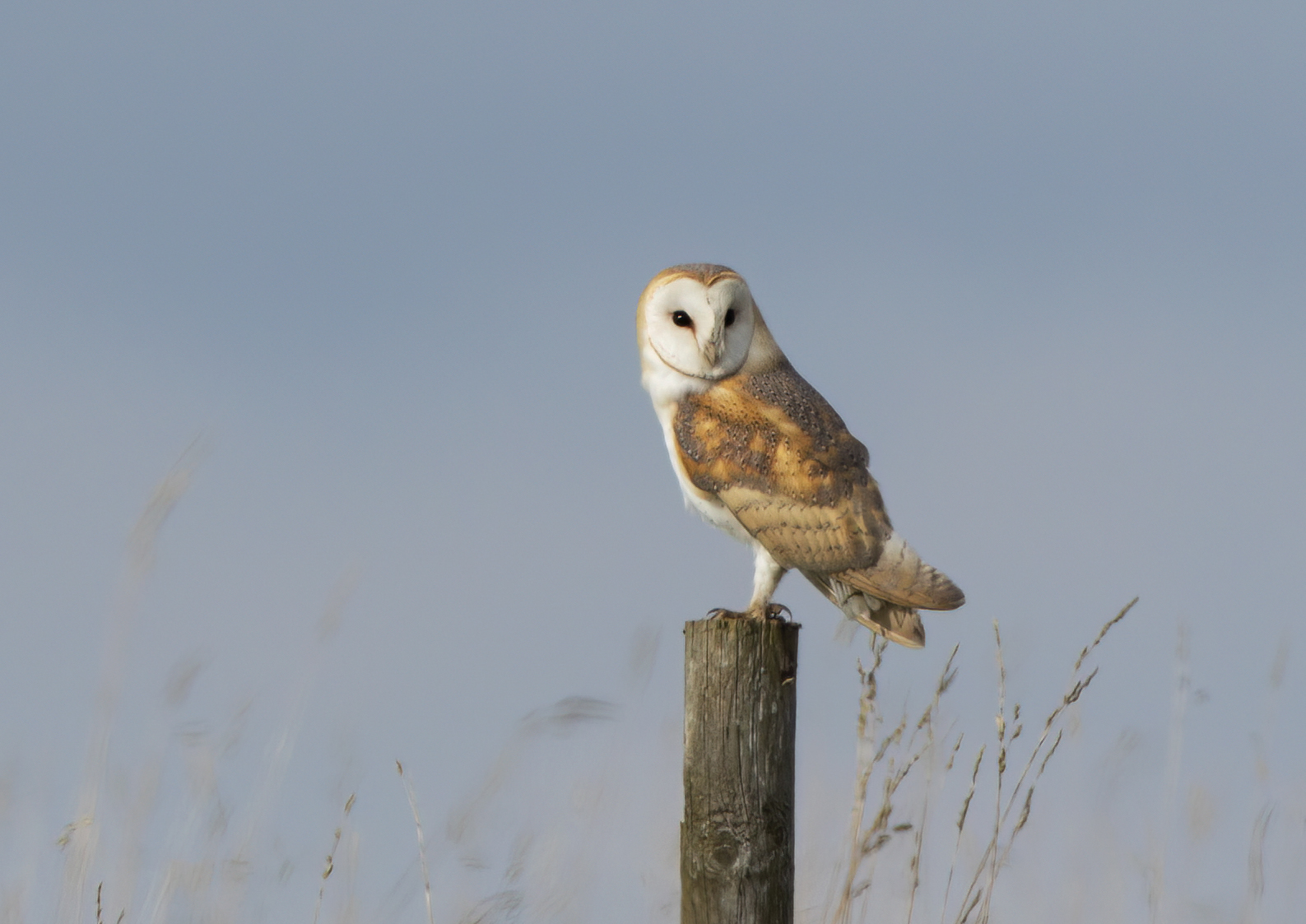Five years ago I was moved to tears by one of the saddest things I have ever seen. My wife and I were celebrating our silver wedding anniversary (no, that’s not why I was crying!). We’d broken the piggybank open, burnt our savings, and gone on safari in Kenya. As part of our trip our guide took us, unexpectedly, to rhino sanctuary. And there we saw Sudan.
Sudan was as that time the world’s last male Northern white rhino. Since our visit he died, and took with him the last realistic prospect his kind would ever walk the Earth again. It is one thing reading about extinction as a concept, it’s quite another to see it walking in front of you.
I was reminded of Sudan recently in the garden of a pub in Gloucestershire. It’s a nice pub, near to the river Severn, even if they do charge more than three quid for a pint of Pepsi with ice on a hot afternoon, whereas I think soft drinks with ice should be free on hot days as a civic duty. But this pub was attractive in another way. Because in the garden of this pub, someone had spotted a turtle dove.
We all know about turtle doves. They come right before the “partridge in a pear tree”. And they were once a gift item because turtle doves are stunningly pretty birds. Designed by Degas in his prime, they are a riot of pastel colours, orange-brown, dusty blues and vibrant purple. Turtle doves are named after their call, “turr…turr”, a sound like a purring cat on Helium. They sound wonderful, they look beautiful and they do nothing but eat grass seeds and other leftover grains, causing harm to no-one. So of course, we’re killing them.
And we’re not just killing them, we’re doing it on an industrial scale. Turtle doves are heading for extinction in the way I head for an all-you-can-eat Chinese buffet. Why? Well it seems largely because we can. Turtle doves migrate to Britain from Africa. To do so they fly over Europe. And Europe – remember, this is climate-change-activist, nature-loving, wildlife-supporting Europe – shoots them in their millions. The turtle dove is classed as “vulnerable to extinction”, but in 2021 Italy officially licensed the killing of 7.5 million of them. Spain banned their hunt in 2021, in theory saving the 900,000 birds shot there annually – except that the ban seems to have been widely ignored. Oh – and the ban was for just one year. And they aren’t alone. Just within the EU, the Turtle dove is hunted in Austria, Bulgaria, Cyprus, France, Greece, Italy, Malta, Portugal, Romania and Spain. The tiny gateway island of Malta alone takes 5,000 birds annually – far more than the entire population that make it Britain to breed. Thousands more are shot in neighbouring countries, which helps to explain why the British population of these beautiful birds has halved in just five years.

Any student of natural history will remember the passenger pigeon, a birds whose numbers used to literally darken the skies until they were hunted into extinction. When I read about what happened, I remember thinking how stupid the people had been at that time to let that happen. Didn’t they realise what they were doing? Well, the passenger pigeon was a close (and equally pretty) relative of the turtle dove and it’s happening all over again. Except that this time it’s on our watch.
I wrote about turtle doves in May 2020, when the pandemic was stopping the movements of people around the globe, and I saw three at RSPB Ottmoor in Oxfordshire. Since then I’ve not seen or heard one. And neither has anyone else. The Facebook groups and Twitteratti, usually quick to report them, have been silent. Don’t get me wrong, there are still some birds making it here, for sure. But empirically we know that the numbers are still dropping quickly.
So I photographed the lone, mate-less turtle dove in Gloucestershire, well aware that I may very well never see one again. For the second time in my life I have witnessed a species driven into extinction by human greed and sheer bloody-mindedness. What will it take to stop this slaughter? Well thankfully there is something you can do: write an email. Don’t write to your MP, write to the Commission for the European Union and call them out for what they are: spineless and ineffective. If they can’t stop the slaughter of an entire species which even they recognise is right on the razor’s edge of existence, what good are they?








Social Profiles